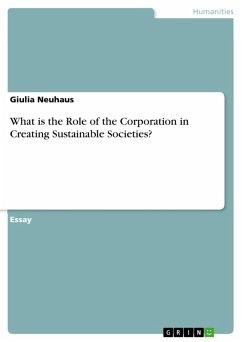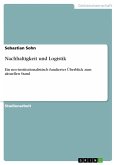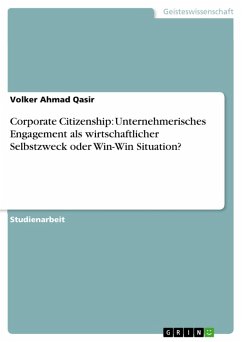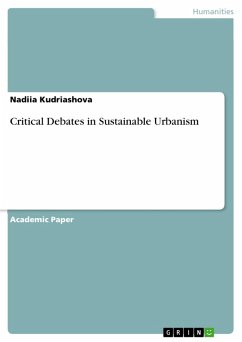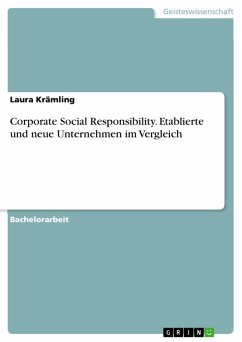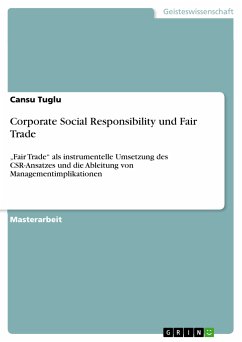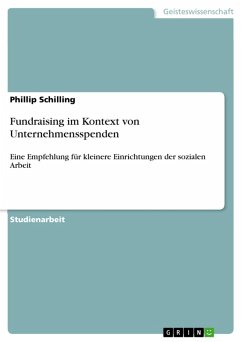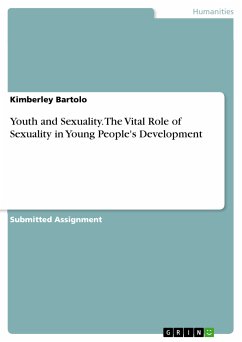Essay from the year 2019 in the subject Sociology - Individual, Groups, Society, grade: 65/100, University of Leeds (School of Earth and Environment), language: English, abstract: This essay elaborates on the role of the corporation in creating sustainable societies. It draws on different concepts, such as Corporate Social Responsibility (CSR) and benefit corporations, and argues for a systemic change regarding the relationship between private sector, societies and the natural environment to create an environment for sustainable societies to thrive. In 1972, the simulation study Limits to Growth issued a warning on perpetual economic growth within the system of finite resources of planetary boundaries. Since the threats of ceaseless growth have been recognized, the pursuit of sustainability has been high on the global agenda. The term is premised on the definition of sustainable development from the report Our Common Future, which limits the satisfaction of present needs to the extent it hampers future generations to satisfy their own. It triggered an accruing plethora of diverging definitions, each taking a different angle on the concept in order to meet the manifold prerequisites of its convoluted nature. Due to the ambiguous interpretations of sustainability, there is no objective 'ideal state' societies can aim for. Coomer (1981) elaborates that sustainable societies seek to find "an equitable relationship with the physical environment (...) [and] will not generate changes that may seriously impair that which sustains [them] [...]", which emphasizes the notion of development rather than achievement. Paired with the 'Brundtland+' definition by Van de Kerk and Manuel (2008), sustainable societies effectuate sustainable development while "each human being has the opportunity to develop itself in freedom, within a well-balanced society and in harmony with its surroundings" and "looking for alternative ways of growing".
Dieser Download kann aus rechtlichen Gründen nur mit Rechnungsadresse in A, B, BG, CY, CZ, D, DK, EW, E, FIN, F, GR, HR, H, IRL, I, LT, L, LR, M, NL, PL, P, R, S, SLO, SK ausgeliefert werden.

